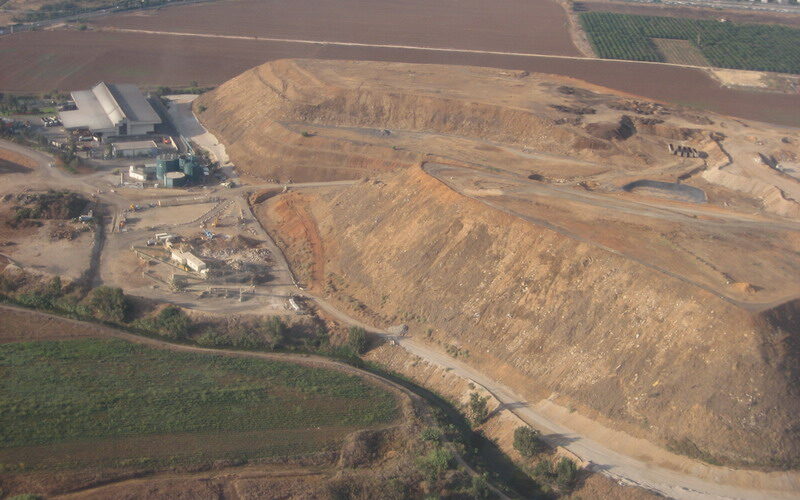Tel Aviv University (TAU) researchers have developed a way to convert wet raw waste into liquid and solid biofuels without having to dry it first.
The researchers believe that fuel produced from such organic waste can meet about a third of Israel’s marine fuel consumption.
As well as providing a new source of fuel, the process also addresses the issue of Israel’s waste – which is on average around 30 percent higher per person per day than in Europe.
At present, some 80 percent of Israel’s household waste ends up in landfills, posing significant challenges to the environment.
“The treatment of waste is a critical issue,” said Prof. Alexander Golberg of Tel Aviv University’s Porter School of Environment and Earth Sciences, who led the study.
“Landfill sites in Israel are reaching capacity, and despite the desire to reduce landfill to a minimum, we are forced to open new sites, because there is no other solution,” he said.
Using their new process, researchers successfully produced liquid biofuel and solid fuel. TAU says the process is versatile and suitable for treating any wet organic waste such as that produced by food factories, institutional kitchens or hospitals.
“The production of biofuels from organic waste components can significantly reduce the volume of municipal waste sent to landfills, thereby decreasing environmental pollution of soil, water, and air,” said the researchers.
“Moreover, reducing landfilling will lower greenhouse gas emissions and decrease reliance on oil and coal. Converting waste into energy also offers a local solution for Israel’s energy independence and security.”
Related posts

Israeli AI Safety Tool Among TIME’S Best Inventions For 2024

TAU Team Discovers Mechanism To Eliminate Cancerous Tumors

Ashdod Port Investing In Startups As Part Of Innovation Strategy




Facebook comments